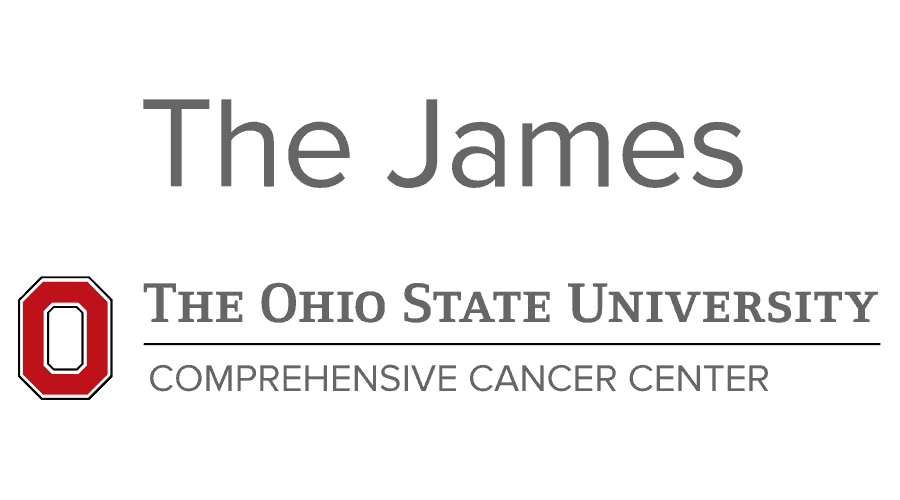
Patients With Lung Cancer Demonstrate Superior Resilience in the Face of COVID-19

The general population experienced nearly double the amount of anxiety and depression that patients with non–small cell lung cancer reported during the COVID-19 pandemic.
Patients with lung cancer showed less depression and anxiety compared with the general population during the COVID-19 pandemic, according to data recently published in the Journal of the National Comprehensive Cancer Network.1
Notably, the number of people in the general population who experienced clinical levels of anxiety and depression during the pandemic was double the number of people who experienced similarly high levels. These findings suggest that the general population might look to this population to learn resilience and coping skills, according to investigators.
“We were astounded at how resilient these patients [with lung cancer] were in coping with the threat of COVID-19, given they were already under very difficult health circumstances,” study co-author Barbara Andersen, PhD, professor of psychology at The Ohio State University, stated in a press release.2 “That’s not to say patients [with lung cancer] were unfazed by the pandemic—they did show concern. But, they seemed better able to handle the stress than similar people without cancer.”
The study assessed the responses of 76 patients with advanced non–small cell lung cancer (NSCLC). All participants had previously been enrolled in the stage IV NSCLC cohort in the Beating Lung Cancer in Ohio Study (NCT03199651), which predated the COVID-19 pandemic.
At diagnosis, all patients were asked to complete surveys about their psychological health, which was at least 1 year before the pandemic began. Patients submitted similar surveys again between April 2020 through July 2020—these surveys included additional questions querying about COVID-19–related concerns.
The mean age of participants was 62.5 years. All patients resided in Ohio, had low education (high school education or less), and income levels (≤$75,000 annual income). In addition, 91.4% had a smoking history. Between May 8, 2020, and June 19, 2020, 67 control individuals also enrolled in the study and completed similar surveys.
Psychological Position at Diagnosis Vs During Pandemic
At diagnosis, patients with NSCLC experienced more symptoms of depression (ΔM=1.737; 95% CI, 0.493–2.98; P=.007) and anxiety (ΔM=1.592; 95% CI, 0.264–2.920; P=.019) than during the COVID-19 pandemic. Similarly, the Patient Health Questionnaire-9 (PHQ-9) scores were 17.1% (n = 13) at diagnosis vs 11.8% (n = 8) during the pandemic. Generalized Anxiety Disorder-7 (GAD-7) scores were 15.8% (n = 12) at diagnosis vs 13.2% during the pandemic.
Patients With Lung Cancer Vs General Population
In addition, not only were patients with NSCLC observed to experience less severe levels of depression (β = −0.206; 95% CI, −4.142 to −0.355; P=.020) and anxiety (β = −0.196; 95% CI, −4.037 to −0.308; P=.023) during the pandemic than at their diagnosis, they experienced significantly fewer depressive and anxiety symptoms compared with people in the general population. The percentage of participants who reached the cutoff values for PHQ-9 were 11.8% and 28.1% in the NSCLC and control groups, respectively. The percentages in the GAD-7 groups were 13.2% and 30.3%, respectively.
These findings are especially notable given that lung cancer accounts for 25% more cancer deaths than prostate, breast, and colon cancers, explained study authors, in part because 84% of patients receive their lung cancer diagnosis once it has already reached an advanced stage. Furthermore, NSCLC represents 85% of lung cancer cases and is the fifth most expensive tumor to treat. The estimated national expenditures for NSCLC in the United States were $14.7 billion in 2020.
Moreover, these results do not suggest that depression and anxiety are not still prominent issues for patients facing lung cancer. This population is at a high risk of depression and health care providers should continue to screen these patients and refer them for psychological treatment when necessary.
However, the findings do suggest that these patients are capable of a remarkable level of resilience, concluded investigators.
“For these patients, COVID-19 occurred [during] an ongoing life-threatening disease, cancer-related symptoms, and routines already disrupted by receiving treatment. The pandemic was just another challenge to overcome,” Andersen said.
“It is a message of strength and resilience, of being able to persevere despite all the challenges. These patients showed incredible toughness during COVID-19 and went about what they had to do and continued their treatment, despite their very difficult disease.”
Reference
- Arrato NA, Lo SB, Coker CA, et al. Cancer treatment during COVID-19: resilience of individuals with advanced non–small cell lung cancer versus community controls. J Natl Compr Canc Netw. 2022;20(2):118-125. doi:10.6004/jnccn.2021.7076
- Grabmeier J. Lung cancer patients coped with pandemic better than many peers. February 9, 2022. Accessed March 3, 2022. https://bit.ly/3tuXXYD
Newsletter
Knowledge is power. Don’t miss the most recent breakthroughs in cancer care.


































